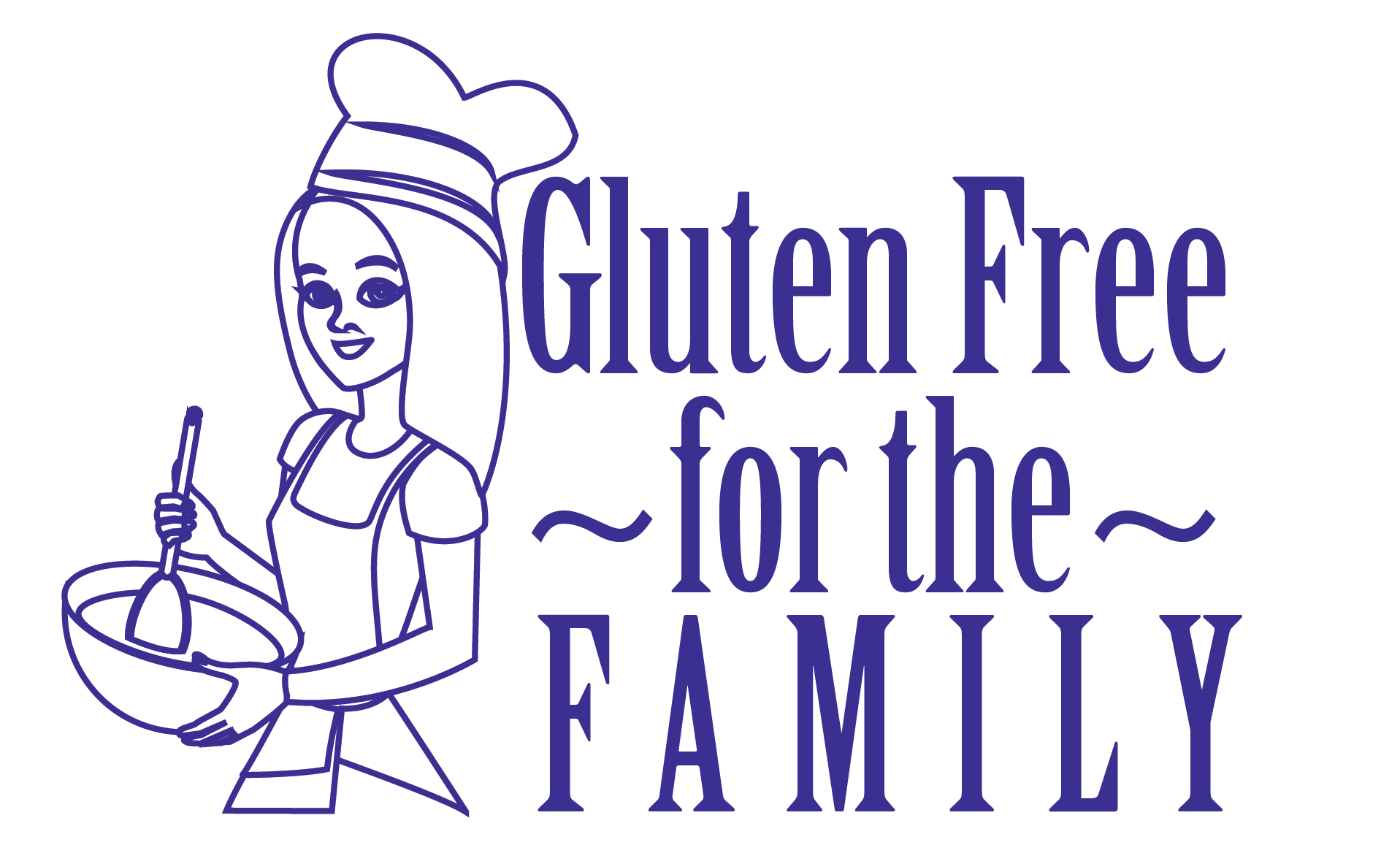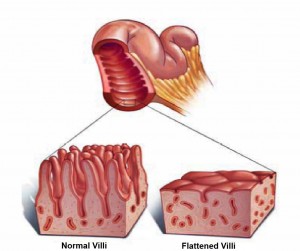Click for a printer friendly version – What is Celiac Disease
Celiac Disease is, “an immune disorder characterized by an abnormal immune response to a protein fraction in wheat gluten, and related proteins in barley and rye.”
It can also go by the name of gluten-sensitive enteropathy, celiac sprue, or coeliac. Its known to affect about 1 in 133 people in the United States. Celiac disease is the most severe form of gluten intolerance.
When a substance containing gluten is consumed by someone who suffers from celiac, it causes problems in the small intestine. Gluten attacks the intestinal villi, which are microscopic hairs that absorb the nutrients from the food we eat. If it’s consumed repeatedly, the villi can become so damaged that it will prevent nutrient absorption. This will eventually lead to severe nutrient deficiencies causing all sorts of problems in the body.
Common symptoms of celiac disease are abdominal pain, bloating, flatulence, diarrhea, headaches, fatigue, tingling in the hands or feet, mouth sores, rapid weight loss or gain, mood swings, skin rashes, itching, and/or hives. Continued intake can lead to even more serious problems such as intestinal cancer, schizophrenia, or osteoporosis.
The only treatment for celiac disease is a lifelong gluten free diet. While extra vitamins and supplements may be prescribed to help overcome deficiencies, the long term treatment is simply a dietary change. Since gluten is found in wheat, rye, barley, and malt, anything with these grains must be avoided. This includes all foods that are battered, breaded, deep fried, and anything that comes in contact with these items.
Anyone who suffers from celiac must read all food labels, watch for cross contamination, and be careful when preparing their food. It is crucial to be aware of where the food is coming from and if the area it was prepared in was gluten free. Transitioning to a gluten free diet may be challenging, but it is essential for the life of a celiac.
Source:
Celiac Disease Foundation – celiac.org
Lieberman, Shari. (2007). The gluten connection: How gluten sensitivity may be sabotaging your health. New York, NY: Rodale.
Pinna, Kathryn; Rolfes, Sharon Rady; Whitney, Ellie. (2009). Understanding normal and clinical nutrition (eight edition). Belmont, CA: Wadsworth, Cengage Learning.


